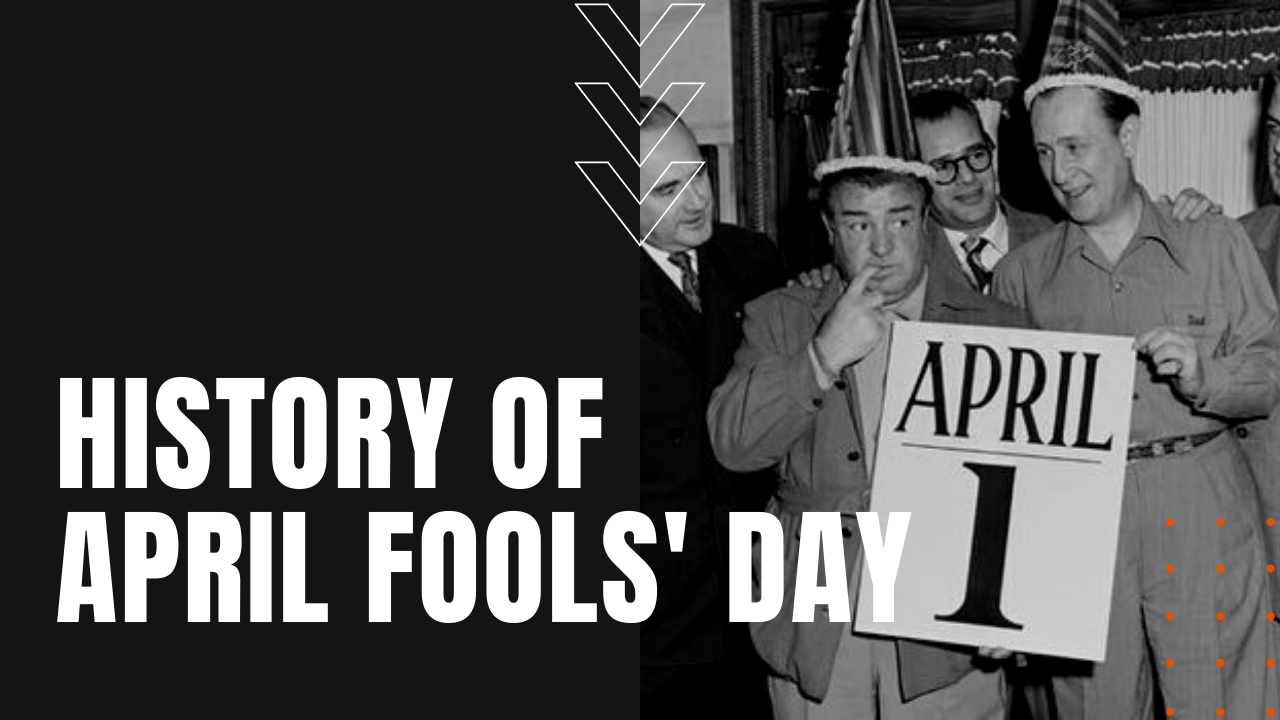History of April Fools’ Day

While the exact origins of April Fools’ Day remain shrouded in debate, some historians have speculated that April Fools’ Day dates back to 1582, when France switched from the Julian calendar to the Gregorian calendar, as mandated by the Council of Trent in 1563. Since the Julian calendar places the new year on April 1st, people who were slow to get the news or failed to recognize that the new year had moved to January 1st, became the butt of jokes and hoaxes when dullards continued to celebrate New Years on April 1st.
Hilaria and the Vernal Equinox
Frenchmen in the know would place a paper fish on the backs of ignorant revelers, calling them “poison d’avril” or April Fish. Other historians have linked April Fools’ Day to ancient Roman festivals such as Hilaria, which is Latin for joyful, when people dressed up in disguises and mocked both average citizens and magistrates alike.
Still others have speculated that the day was tied to the vernal equinox, or first day of spring in the Northern Hemisphere, when Mother Nature frequently fooled people with changing, unpredictable weather. Despite these competing origin theories, April Fools’ Day spread throughout Britain during the 18th century. In Scotland, for instance, the tradition became a two-day event, starting with “hunting the gowk,” in which people were sent on phony errands, followed by Tailie Day, which involved playing pranks on people’s derrieres, such as the pinning of fake tails or kick me signs.
Modern April Fools’ Pranks
In modern times, people have gone to great lengths to create elaborate April Fools’ Day hoaxes, such as a 1957 BBC report that Swiss farmers were experiencing a record-setting spaghetti harvest, replete with photographs of people harvesting noodles from trees.
In 1985, Sports Illustrated writer George Plimpton tricked many readers when he rain a made-up article about a rookie pitcher named Sidd Finch, who could throw a fastball over 168 miles per hour, while a 1996 announcement by Taco Bell duped people when it announced it had purchased Philadelphia’s Liberty Bell, with the intention of renaming it the Taco Liberty Bell. Burger King followed up on Taco Bell’s prank in 1998, advertising their new left-handed Whopper, prompting scores of clueless customers to order the nonexistent sandwich.
